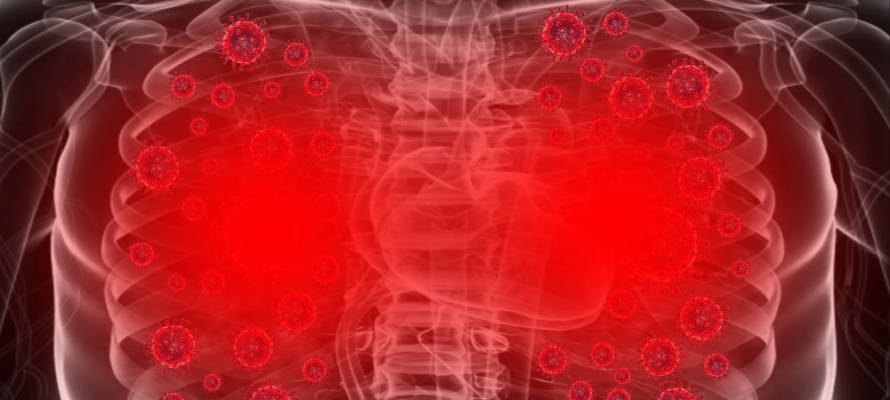Researchers show that cells that line the lungs are the best hosts for the virus, paving the way for targeted treatments.
By Yakir Benzion, United With Israel
A research team at Israel’s Weizmann Institute of Science has become the first to map the proteins that enable the coronavirus to spread throughout the human body – a key breakthrough needed in developing treatments for the killer disease.
Led by geneticist Dr. Noam Stern-Ginosar, the team used advanced biological tools to successfully identify 23 new types of proteins used by the virus as it spreads through the body, especially into the lungs.
RNA in the virus was already known to be the source for producing 29 different proteins, including the “spike protein” that helps the virus to infect other cells. Proteins created by the coronavirus are formed in the lungs, and finding out how those proteins are created would be crucial to developing drug treatments to help coronavirus sufferers, scientists say.
Now that they know there are many more proteins, the door has opened for further research to determine if treatments for coronavirus could be developed by targeting these 23 new proteins with new medicines and vaccines.
It is still not known what role the previously unknown proteins play in the spread of the virus in the body, but Stern-Ginosar is optimistic that they will open the door to new developments in defeating the pandemic.
“Our work provides a rich resource, which will form the basis of future functional studies,” the researchers said in their report, published in one of the top peer-reviewed scientific journals, Nature.
“We now know the enemy better,” Stern-Ginossar told Times of Israel. “In the fight against the virus, we’re looking to identify every change that is caused by the virus, every aspect of the immune response, because targeting it with drugs could help to stop its impact.”
